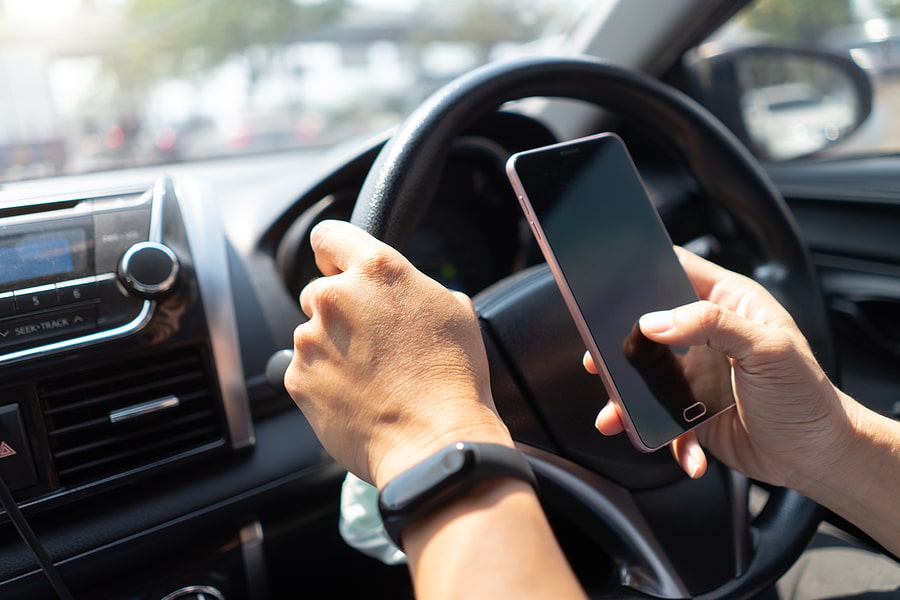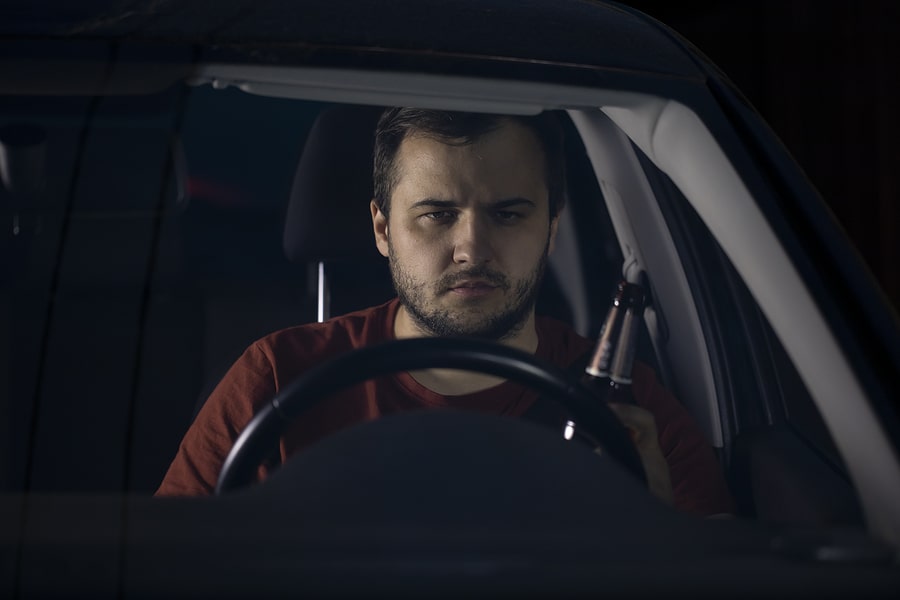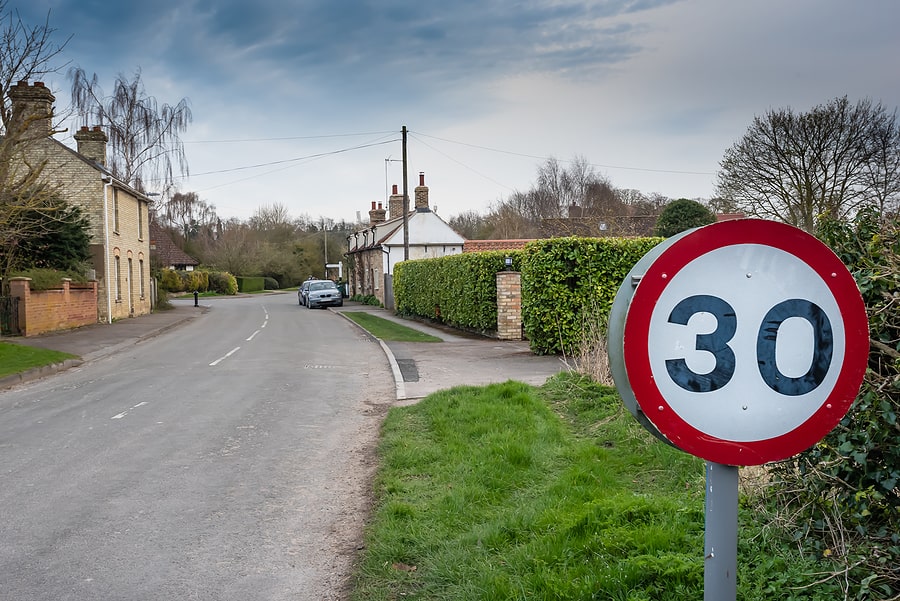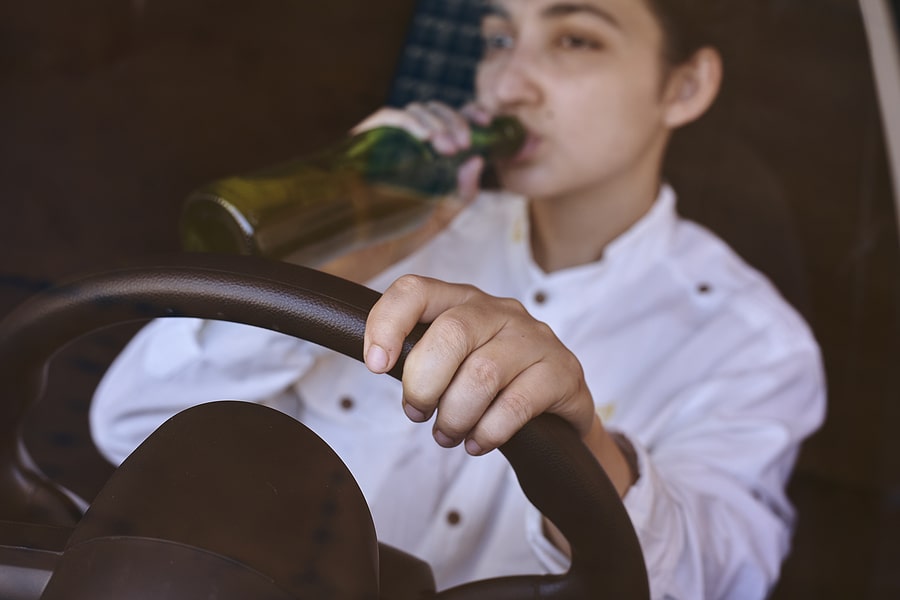What’s the difference between careless and dangerous driving?
Careless driving happens when you drive with undue care and attention. Dangerous driving, the more serious charge, is when a driver has been utterly negligent behind the wheel.It’s the difference between speeding to catch the green light and racing through multiple T-junctions while drinking a bottle of whiskey.
What counts as careless driving?
When your driving ‘falls below the standard expected of a competent and careful driver’, you could be charged with careless driving. Usually, it’s a momentary lapse of judgement or concentration.Examples include:
- Overtaking on the inside
- Not returning to the left-lane after overtaking
- Poor observation
- Tailgating
- Getting distracted behind the wheel
- Not giving way when you should
- Accidentally running a red light
- Slow driving
- Sudden braking
- Dazzling other drivers or flashing your lights at them
Essentially, it’s all the little things you’re taught not to do when first learning to drive because they could lead to an accident.
What’s considered dangerous driving?
You can be found guilty of dangerous driving if ‘the way you drive falls far below what would be expected of a competent and careful driver, and it would be obvious to a competent and careful driver that driving in that way would be dangerous’. This is often prolonged or intentional behaviour.Examples include:
- Racing or competitive driving
- Aggressive driving
- Ignoring road signs and traffic lights
- Driving under the influence of alcohol or drugs
- Driving in an unfit state, such as while tired, injured, or on medication
- Avoidably distracted
- Using a defective vehicle
- Driving while uninsured or disqualified
What are the penalties for careless or dangerous driving?
There are major differences for the penalties of careless and dangerous driving. It depends on both the charge, the individual circumstances, and which court deals with it.-
For careless driving
If the case goes to court, it’ll be handled at a Magistrate’s court where you could face a fine of up to £5000, plus disqualification from driving.
-
For dangerous driving
A dangerous driving case can be dealt with at either a Magistrate’s court or the Crown Court. The latter has the authority to extend the driving ban to two years and take up to 11 points on your licence. These stay on your licence for four years from the date of your conviction.
For serious or continued dangerous driving, you could also lose your licence and be sent to prison.
Should you get legal advice?
Getting charged with a motoring offence is serious and it’s always best to talk to a solicitor – whether you agree or disagree with the charge. A driving offence solicitor will be able to guide you through the process and defend you if the case goes to court.Even if you aren’t taken to court, it can be worth talking to a legal expert. Newspapers are littered with stories of people wrongfully accused of speeding – the UK’s most common motoring offence.
In certain cases, a legal representative may be able to show that you weren’t speeding and shouldn’t have to pay the fine. For more serious charges, your solicitor may be able to argue for a lesser penalty.
If you’re convicted of a motoring offence, you’ll also receive a criminal record. You must declare this to employers, insurers, and some countries when travelling abroad. This record usually lasts for five years (although it’s longer for more serious offences), at which point it’s considered ‘spent’.
Getting legal advice is also important if losing your licence could impact on your life. For example, if a family member relies on you for transport or you have a job that depends on you having a driver’s licence, since your employer can fairly dismiss you.
Because of the impact a charge of careless or dangerous driving has, you should get legal representation as soon as possible.
The Law Superstore helps you compare legal experts. With just a few details, we’ll connect you with solicitors who can help you get the best results for your case.






